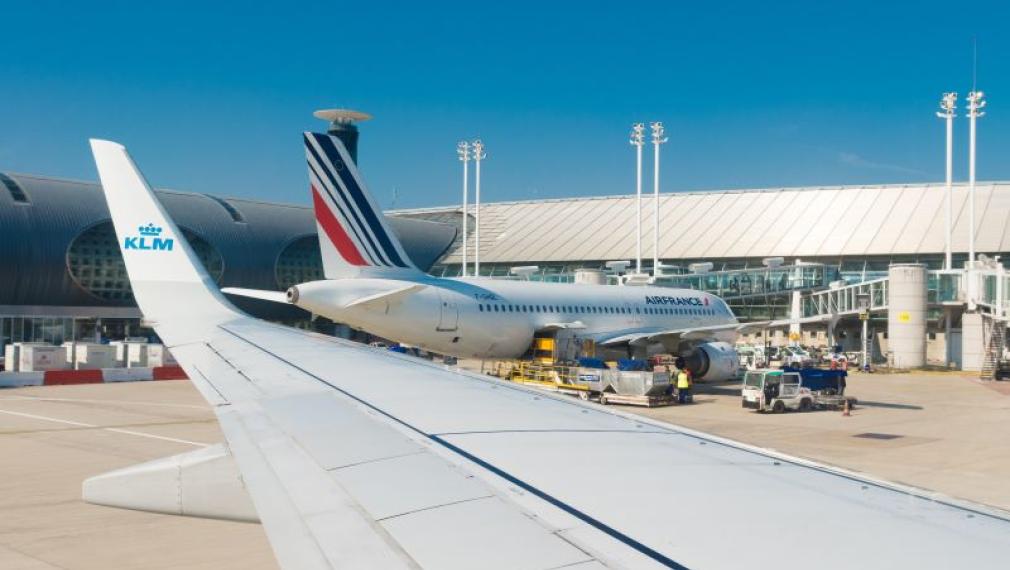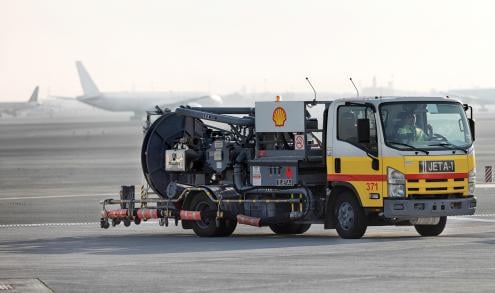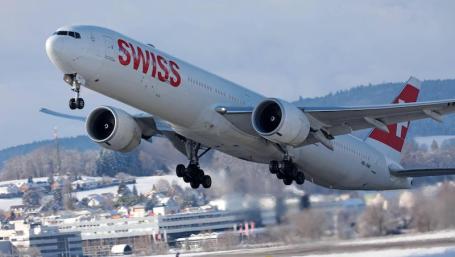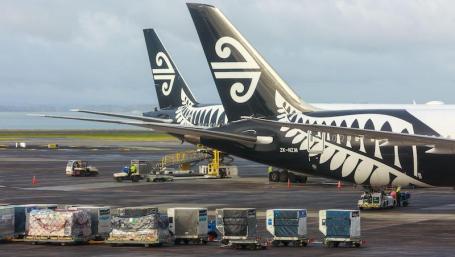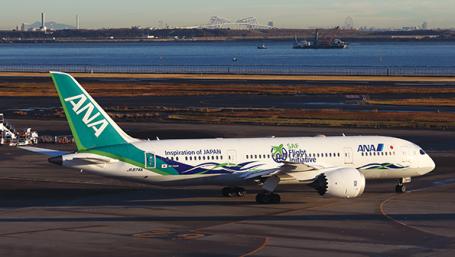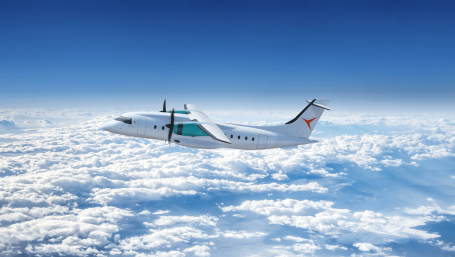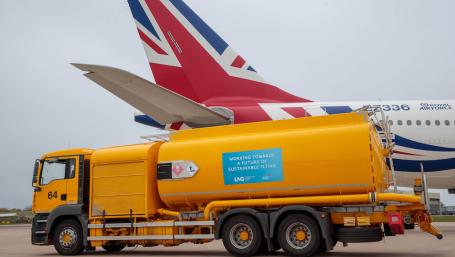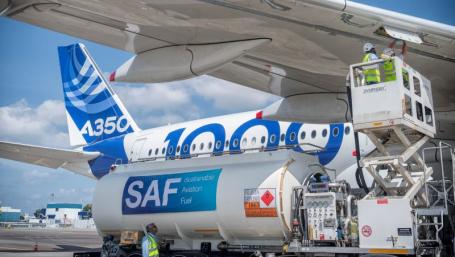Sustainable Aviation Fuel
With governments and airlines committed to decarbonizing aviation by 2050, innovative solutions are required and sustainable aviation fuels (SAF) could play a major role in meeting targets. IATA estimates that SAF could contribute around 65% of the reduction in emissions needed by aviation to reach net-zero in 2050. This will, however, require a massive increase in production in order to meet demand.
Latest News On Sustainable Aviation Fuels
Jul 30, 2024
Metafuels and the Paul Scherrer Institute have been awarded $5 million by the Swiss government to demonstrate the production of e-fuel for aviation.
Jul 30, 2024
Air New Zealand is pulling back from a 2030 emissions reduction target, citing aircraft delivery delays and SAF supply as obstacles to achieving the goal.
Jul 29, 2024
Japan’s aviation sustainability initiatives are both broad and deep.
Jul 25, 2024
Deutsche Aircraft has begun production of the first D328eco prototype by cutting one of the existing legacy Dornier 328 fuselages into three pieces.
Jul 24, 2024
CEO Sean Doyle has called for accelerated production of sustainable aviation fuel to meet the UK's upcoming mandates.
Jul 24, 2024
The funding will support the development of alcohol-to-jet fuels by enabling the development and scale up of ethanol-to-SAF capabilities.
Jul 23, 2024
Airbus, Air France-KLM, Qantas and a collection of other partners are investing a total of around $200 million in a sustainable aviation fuel financing fund
Jul 23, 2024
Indonesia President Joko Widodo is looking to use the country’s massive coconut production as a potential feedstock to create sustainable aviation fuel (SAF).
